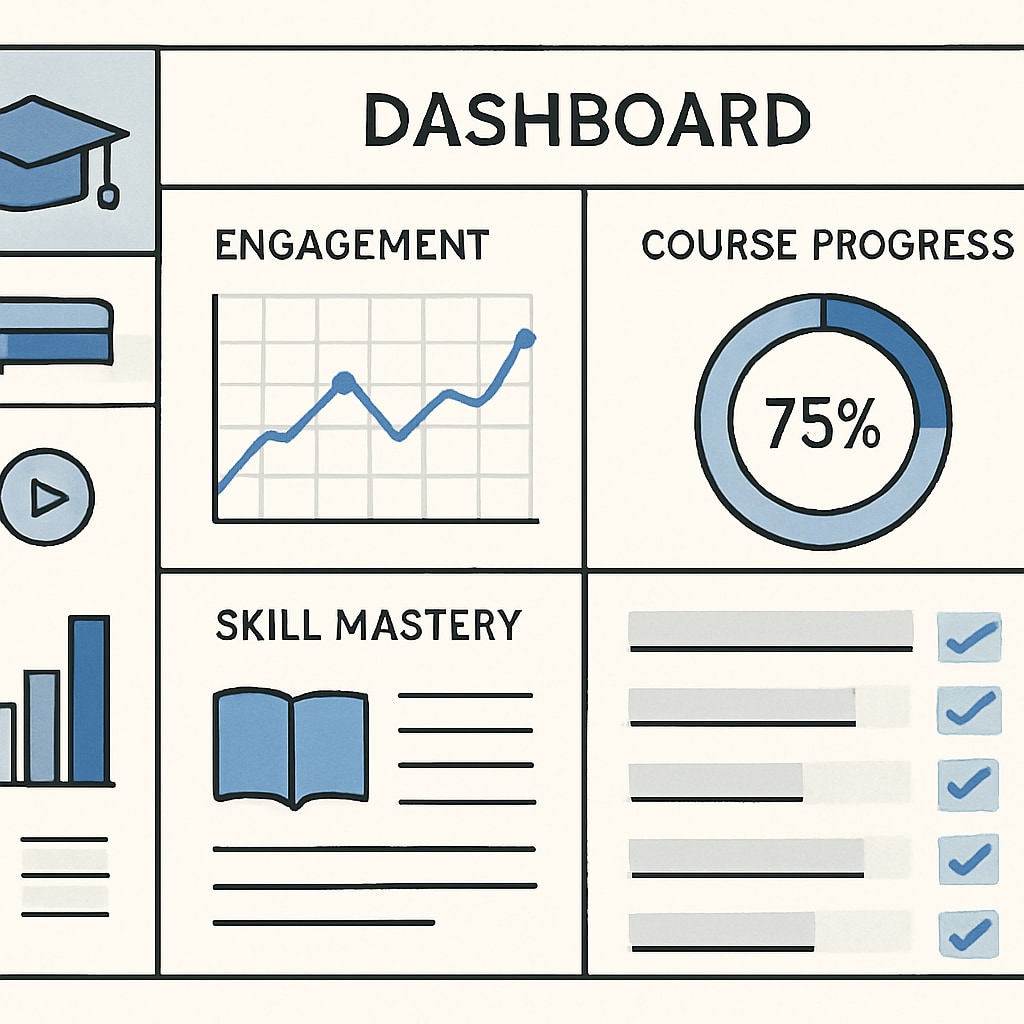In the ever-evolving landscape of education, traditional methods of assessment—centered around grades and scores—are being questioned for their relevance and effectiveness. The limitations of these systems have sparked debates among educators and policymakers about the need for more meaningful evaluation tools. This article dives into the shortcomings of grades-based assessments and introduces innovative alternatives, including real-time learning tracking. By doing so, we aim to address the core question: What truly constitutes meaningful learning?
The Limitations of Scores-Based Assessment
Grades have long been the gold standard for evaluating student performance in K12 education. However, these numerical or letter-based results often fail to capture the complexities of learning. Here are some key issues:
- Narrow Focus: Grades typically emphasize rote memorization and test-taking skills, overlooking creativity, collaboration, and critical thinking abilities.
- One-Size-Fits-All: A standardized approach does not account for individual learning styles or diverse backgrounds.
- Stress and Anxiety: The pressure to achieve high scores can negatively impact student mental health, fostering a fear of failure rather than a love for learning.
- Misrepresentation of Knowledge: A single test score may not accurately reflect a student’s understanding or progress over time.

Exploring Alternatives to Traditional Grades
To address these challenges, educators are exploring alternative assessment methods that provide a holistic view of student learning. These approaches aim to evaluate not just the outcome but the process of learning itself. Key methods include:
- Portfolio-Based Assessment: Students compile a collection of their work over a semester or year, showcasing a range of skills and progress.
- Project-Based Learning (PBL): Students are assessed on their ability to solve real-world problems, emphasizing teamwork and application of knowledge.
- Formative Assessments: Regular, low-stakes evaluations that provide feedback throughout the learning process rather than at the end.
- Peer and Self-Assessments: Encouraging students to evaluate their own work or collaborate in assessing peers fosters deeper understanding and accountability.
- Real-Time Learning Tracking: Technology-enabled systems like learning analytics platforms offer insights into individual progress, engagement, and skill mastery.

Why Real-Time Learning Tracking is Revolutionary
Among the alternatives, real-time learning tracking stands out for its ability to provide actionable insights into student progress. Unlike traditional methods, it relies on data-driven analytics to monitor various aspects of learning, including:
- Engagement levels during lessons
- Skill mastery over time
- Areas requiring targeted intervention
- Collaborative and creative contributions
Real-time tracking not only empowers educators with the tools to adapt their teaching strategies but also allows students and parents to become active participants in the learning process. For example, platforms like Learning Analytics and Educational Assessment Tools offer dynamic dashboards that make progress visible and actionable.
A Call to Action for Educators
The shift beyond scores necessitates a cultural change in how we perceive education. It requires educators, policymakers, and parents to prioritize the development of critical skills over achieving numeric benchmarks. Here are some steps to move forward:
- Invest in Training: Equip teachers with the knowledge and tools to implement alternative assessment methods effectively.
- Adopt Technology: Integrate digital platforms that facilitate real-time learning tracking and data-driven insights.
- Redefine Success: Encourage a focus on skill-building, creativity, and emotional intelligence rather than test scores alone.
- Engage Stakeholders: Involve parents and students in creating a shared vision for meaningful learning.
As educators rethink evaluation frameworks, the ultimate goal should be to create systems that celebrate individuality, foster lifelong learning, and prepare students for the complexities of the modern world.
Conclusion: The limitations of traditional grades-based assessments are clear, and the need for alternatives has never been more urgent. By embracing innovative approaches such as portfolio assessments, project-based learning, and real-time tracking, educators can redefine what meaningful learning truly means. It’s time to move beyond scores and focus on cultivating a generation of thinkers, creators, and problem-solvers.


